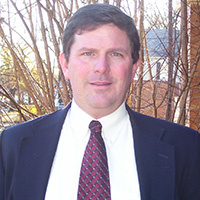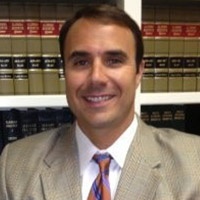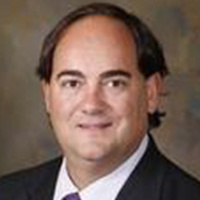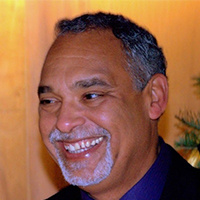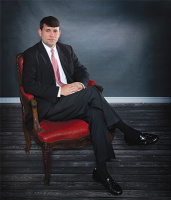Birmingham Estate Lawyer, Alabama
Sponsored Law Firm
-
 x
x

Click For More Info:
-
David E. Hodges, P.C.
902 Wildwood Avenue Mobile, AL 36609» view mapEstate Law Personalized Legal Guidance
Tired of law offices that connect you with a different person every time you call? Choose David E. Hodges as your local attorney.
800-716-9530
Stephen Hasty Jones
✓ VERIFIEDAttorney Stephen H. Jones has been in the practice of Law for over 20 years.
Josh J. Mitchell
✓ VERIFIEDJosh Mitchell graduated from Jacksonville State University in 1996 and studied law at the Birmingham School of Law where he graduated in 2000. He was... (more)
Ferris S. Ritchey
✓ VERIFIEDFerris Ritchey has over 35 years of experience in a wide range of legal matters with an emphasis on Domestic Relations, Mediation, Collaborative, Prob... (more)
David Elliott Hodges
✓ VERIFIEDIt's essential for your business to have an attorney you can trust. Not only do you need to protect your brand, but you want to know you're making a s... (more)
Louis James Willie
✓ VERIFIEDLouis James Willie III is an attorney, consultant, and former TV producer. Willie is the son of former Booker T. Washington Insurance Company execu... (more)
William Stephenson Halsey
✓ VERIFIEDWilliam Halsey is a practicing lawyer in the state of Alabama.
Rommie Glen Wheeler
✓ VERIFIEDThe Wheeler Law Firm is a full-service law firm, providing representation in the areas of business law, real estate law, and title insurance. We provi... (more)
Joseph Paul Lynn
✓ VERIFIEDAttorney Paul Lynn loves helping people from all backgrounds and all walks of life. Whether he is working on a class action, commercial, or personal i... (more)
Julian Mardel Hendrix
✓ VERIFIEDJulian Hendrix is a practicing lawyer in the state of Alabama. Attorney Hendrix received his J.D. from the Birmingham School of Law.

 David E. Hodges Mobile, AL
David E. Hodges Mobile, AL Practice AreasExpertise
Practice AreasExpertise